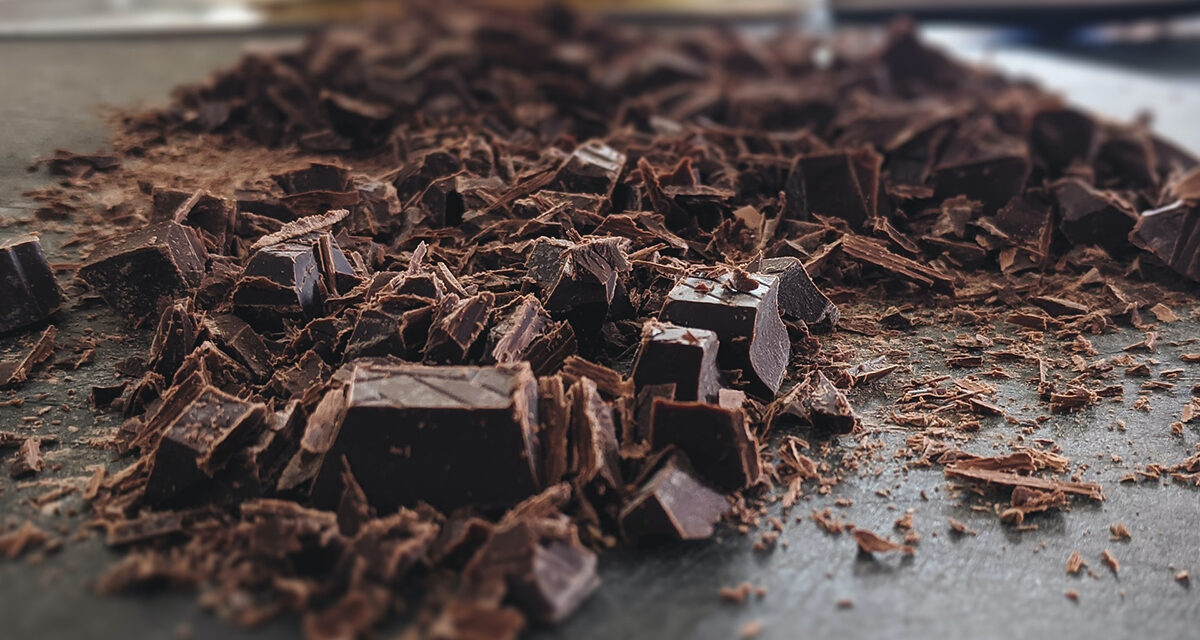I like German coffee and dark chocolate (85% cocoa, please!). I cry at most movies. Every morning during high school, I strolled through the cemetery across the street before my first class started. At age 4, I had an unfortunate meeting with a radiator and now have a U-shaped scar on my lower lip.
What is the hardest part about blogging?
That question makes me chuckle, because it seems like the answer changes from one week to the next! One week, I’ll have no idea what I should be writing about. The next week, I’m wracking my brains to figure out just how I’m coming across to my readers. Next thing I know, I’ve got technical difficulties on my hands, and I’m hollering for help from my friends who know about such things.
If I didn’t have those tech-minded friends, the tech stuff would definitely be my greatest challenge. As it is, I think the difficulty that crops up most often is this: What can I do to connect more deeply with my readers? The key isn’t what I want to write about — it’s what *they* want to hear. I try out different things, using my blog as a laboratory to figure out what works for my readers and what doesn’t. It’s a constant learning process.
How often do you blog?
My blog went live on 01/11/11. At this point, I am blogging at least twice a week: Tuesdays and Thursdays. I set myself this goal as part of Julie Isaac’s SHINEonline blogging challenge (a commitment to blog a certain number of times a week, for 111 days starting on 01/11/11). It’s been great motivation to keep my momentum going, and I intend to maintain my posting schedule after the challenge is over.
If I have something to tell my readers that can’t wait until the next Tuesday or Thursday, I’ll write an extra post. But I don’t think I’ve ever posted more than 4 times in one week.
How can others learn to write better?
We cannot see the flaws in our own work. You need beta readers to help you get your nose out of the bark and start looking around at the big picture around you.
The only way to become a writer and to become a better writer is to write. I can’t even call myself a writer unless I write. I can read books on writing, take classes, interact with writers via blogs or Twitter, talk to friends and family about my writing dreams — but if I’m not writing, there’s really no point to it all.
So, the first thing is to write. And get beta readers! We writers suffer from Forest-for-Trees Syndrome: We cannot see the flaws in our own work. You need beta readers to help you get your nose out of the bark and start looking around at the big picture around you.
The next thing is to read — preferably books in your genre. This will both broaden your skill set and teach you what’s on the market. (Write things that you would want to read. You don’t need to write for the market, but need to know what’s out there.)
After that, read books and blogs on writing. My favorite creative writing book is Stephen King’s On Writing: A Memoir of the Craft. A great writing how-to blog is my publisher’s Unstressed Syllables (where I also have a weekly column).
What’s the best way to relieve stress?
Painting is a huge stress relief for me, as it gives me a way to vent certain emotions I would otherwise bottle up.
Stress relief probably depends on the needs of the individual. But I’m no expert, so maybe there’s a “best way” that does apply to the general population. For me, stress relief comes only through one thing: exercise.
Now, when I say exercise, the first thing I think of is physical; you probably do, too. I run, and I do a high-cardio form of yoga. For a while, I lifted weights (and would like to continue, but I couldn’t afford my gym membership anymore). When I’m exercising regularly, I sleep better, have more energy, have less tension in my back and shoulders, feel better about myself, and think more clearly. All of those things are conducive to being a better writer. (So that’s another answer for #3!)
My other form of exercise is creative. I’m a writer, but I also oil paint. Painting is a huge stress relief for me, as it gives me a way to vent certain emotions I would otherwise bottle up. I also take myself on “photo walks”: snapping images of anything that catches my eye while I’m outside. When I paint or take photos, tension just drains out of me.
On a free day, what do you enjoy doing?
As a writer, I don’t really have “free” days — because even when I’m not writing, I’m still writing! Mentally, that part never shuts down.
Physically, though, I enjoy all sorts of stuff while the writer brain does its thing. I love being outside in good weather: walking, hiking, or climbing if I get the chance. Time with friends and family is vital — even for this writerly introvert. ; ) And I take great pleasure in going new places and seeing new things.
What skill is needed when connecting with others?
I don’t believe there’s a single skill that’s more important than other skills. A connection with others won’t happen without a willingness to make yourself vulnerable. It won’t happen if you refuse to be flexible. It won’t happen if you don’t practice empathy.
Really, there’s a host of skills necessary for connecting with others. Honesty, self-sacrifice, optimism, listening (without thinking about what you’re going to say next), generosity, patience, kindness — all of these are essential. None of us can practice them to their fullest all of the time. We’ll go through seasons during which we’re less flexible. There will be times we can’t make ourselves vulnerable. We’ll have moments of pessimism that keep us from seeing the good in others.
A connection with others won’t happen without a willingness to make yourself vulnerable. It won’t happen if you refuse to be flexible. It won’t happen if you don’t practice empathy.
But if we focus on our weaknesses, what we’ll end up with is strong weaknesses. Better, I think, to focus on strengthening our strengths so that those strengths can bolster the areas where we’re standing in our own way of connecting with others on an intimate level.
Wow, that got intellectual. ; )
Why do you blog?
I blog for three reasons:
- To have an author platform. My blog is the place my readers can go to find out news and information about my books and my writing.
- To connect with my readers. I love to know what my readers are thinking, what they’re reading, what they’re writing (if they write). I enjoy having dialogue with readers in the comments section, especially when they give me constructive feedback. I need to know what they need.
- To talk about the craft of writing and the writing life. I’ve already gotten hits on my site relating to writing how-tos. My blog isn’t really a “teaching” blog, but I do write the occasional article on how a writer can accomplish something specific (such as 5 Reasons Why Your Novel’s Getting Nowhere or 5 What-To-Dos When Your Novel Is Too Long).
How do you find blogging inspiration?
I read. I read books, magazines, emails, blogs, and news articles. I talk to people about what they’re interested in. I watch movies and TV shows. I clean my house and let my mind wander. I go outside. I sit on playground swings.
All of these things spark ideas (either for blogging or for other writing endeavors), and I write these ideas down in my scribblebook. That way, if I sit down to craft a blog post and don’t know what to write about, I go to my stash of ideas, pull something out, and write about it. I always have a list of at least 10 ideas, so I have plenty of material to choose from.
If I’ve written down an idea, chances are good that my subconscious has already outlined something for that idea. So when I sit down to write it, part of the blog post is already there. All I have to do is type it out.
About Courtney
I was born in Texas and grew up in Germany. At age 12, I penned my first novel: a one-page murder mystery. (The gardener did it.) By age 17, I’d finished two full-length sci-fi novels and knew I wanted to write books for the rest of my life. After I earned my bachelor’s degree in English/Writing from Oklahoma Christian University, I worked as a missionary in Germany for six years. In 2007, my husband and I returned to Oklahoma City, and I started writing full-time.





